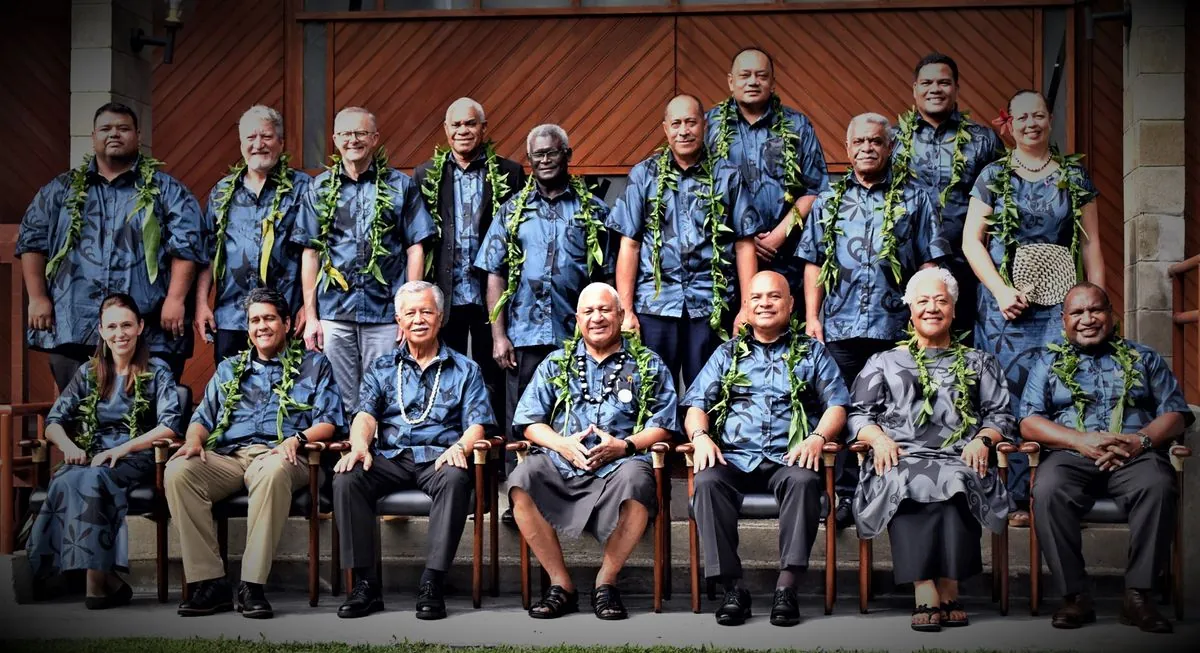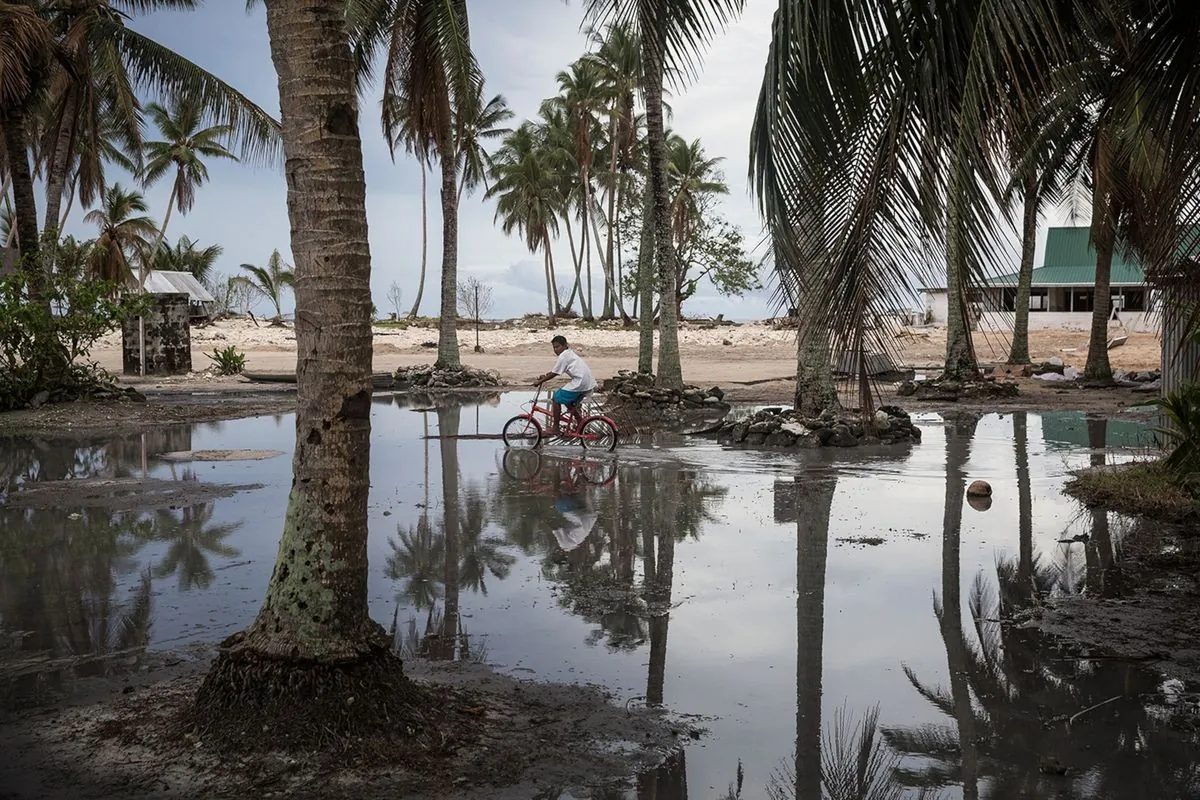Pacific Summit Marred by China-Taiwan Dispute Amid Regional Unity Push
Pacific Islands Forum faces controversy over Taiwan reference removal from communique. Leaders emphasize climate change and regional issues while balancing major powers' interests in the region.

The Pacific Islands Forum, a regional body established in 1971, recently concluded its annual summit in Nuku'alofa, Tonga. The gathering, which brings together 18 island nations along with Australia and New Zealand, aimed to address pressing regional concerns. However, the event was overshadowed by geopolitical tensions, particularly regarding China's influence in the region and the status of Taiwan.
The summit's closing statement initially included a reference to Taiwan's involvement, based on a 1992 agreement. However, this mention was subsequently removed, allegedly at the request of China's special envoy to the Pacific, Qian Bo. This incident highlights the ongoing struggle of Pacific nations to maintain autonomy while navigating the interests of major powers.
Baron Waqa, the forum's secretary-general, had previously expressed a desire to keep geopolitical conflicts out of the region, stating, "We don't want them to fight in our backyard here. Take that elsewhere." Despite these efforts, the summit's conclusion was marked by controversy.
The Pacific Islands Forum has long been a platform for addressing critical issues facing the region, with climate change at the forefront. Many member nations, classified as Small Island Developing States (SIDS), are particularly vulnerable to rising sea levels, making climate action a top priority.
"The United States and China had pledged to work together to find areas of cooperation on Pacific projects."
This statement by Campbell during the summit reflects an unusual display of potential cooperation between major powers in the region. However, experts remain skeptical about the practical implications of such declarations.
The forum also introduced a new tiered structure for partner nations, requiring them to demonstrate genuine involvement with Pacific countries to attend future summits. This move aims to ensure that external powers' participation aligns with the region's interests.

The Pacific Ocean, covering approximately 30% of the Earth's surface, has become a focal point of geopolitical competition. As of 2024, only three Pacific nations maintain diplomatic ties with Taiwan, down from six in 2019. This shift reflects the changing dynamics in the region, with China's influence growing.
The Solomon Islands, which switched recognition from Taiwan to China in 2019, is set to host the 2025 summit. This upcoming event may further test the forum's ability to balance regional priorities with external pressures.
As the Pacific Islands Forum looks to the future, it faces the challenge of maintaining unity while addressing critical issues such as climate change, healthcare, and economic development. The recent controversy serves as a reminder of the complex geopolitical landscape these nations must navigate.
The forum's dedicated unit for climate change and disaster risk management underscores the region's commitment to addressing environmental challenges. As sea levels continue to rise, Pacific leaders remain at the forefront of global climate advocacy, urging action to protect their vulnerable communities.
In conclusion, the Pacific Islands Forum summit of 2024 highlighted both the strengths and challenges of regional cooperation. While geopolitical tensions threatened to overshadow the event, Pacific leaders reaffirmed their commitment to addressing shared concerns and maintaining a united front in the face of external pressures.


































